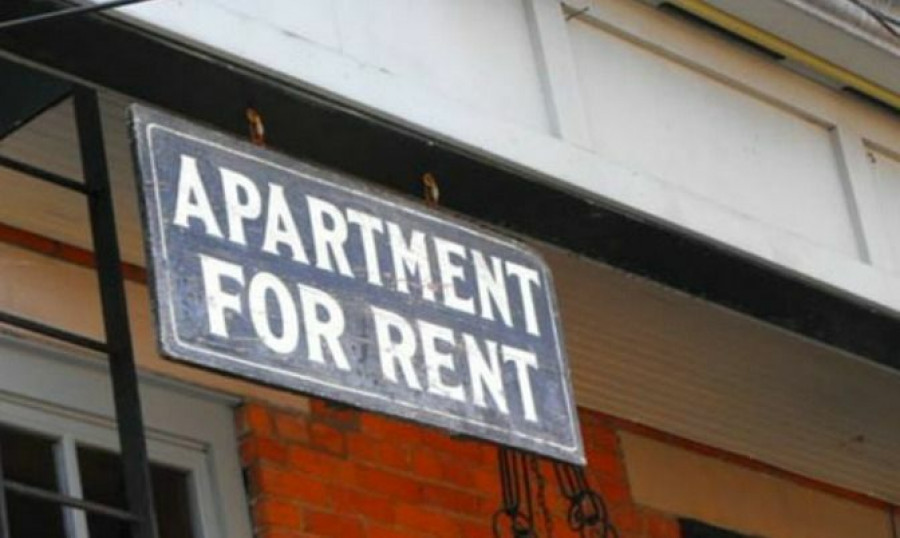If you live in one of these households, the Residential Tenancies Act (RTA) governs your relationship with your landlord. The RTA sets out, among other things, the rules in Ontario for lease agreements, rent increases, and evictions.
While the RTA applies to most residential tenancies in Ontario, there are some exceptions. The Act may not apply if you are also using your residence for business or manufacturing, or if the property is zoned for such uses. There are also special rules for co-ops, care homes, public and subsidized housing, and mobile home parks.
In addition, the Act only applies to your relationship with your landlord. It does not cover your relationship with the condo corporation if you are renting a unit.
The RTA also does not limit your rights under Ontario’s Human Rights Code. This law prohibits discrimination by landlords, and, in regulations, specifies what a landlord can consider when deciding whether to rent to you. A landlord can look at credit references, rental history information and credit checks. A landlord may also consider income, but only if the landlord has requested credit references, rental history or credit checks and considered the information you provided in conjunction with your income information.
Rent and deposits
While you may remember a time when the initial rent your landlord charged you was controlled by the government, landlords may now offer to rent units to new tenants at whatever rate they like.
The RTA does, however, restrict rent increases for existing tenants. Landlords may only raise the rent once every 12 months. Furthermore, if rental residents occupied the building or house before November 1, 1991, your landlord is likely restricted in the amount by which they can increase your rent each year. Residential landlords are permitted (but not required) to increase rent for these units by a maximum of 2% in 2016. Conversely, if you live in a newer building, your landlord is likely permitted to increase your rent by as much as they like, although again they can only increase your rent once each year.
Your landlord cannot require you to provide post-dated cheques or set up automatic payments through your bank, although, anecdotally at least, many landlords see this as a courtesy and will request it.
In terms of deposits, generally your landlord may only request a deposit equal to your last month’s rent. This deposit will be held by your landlord until you terminate your lease, and will be used to pay your last month’s rent. If your rent increases, the landlord may request that you provide additional money so that the amount of your deposit equals the amount of your rent. Your landlord must also pay you interest on your rest deposit each year.
You can keep pets in your unit
The RTA states that rental agreements cannot ban pets. This means that if your lease restricts pets in your unit, that part of the lease is void. There are exceptions to this, however. If the pet is dangerous, or if it causes problems for other tenants or the landlord, such as excessive noise or allergic reactions, then the landlord can apply to the Landlord Tenant Board for an order for you to move or get rid of the pet. Additionally, if you live in a condo, your condo corporation may prohibit non-service animals, and may evict you through an application to Superior Court if you break the building’s rules.
Termination and Eviction
Once your lease is up, you and your landlord may agree to enter into a new lease. Either party may also terminate the lease at that time if they have given 60 days notice. If you neither renew your lease nor officially end it by giving 60 days notice, your tenancy automatically renews on a month-to-month basis. If you abandon your tenancy before your lease is up, or without the proper notice, your landlord can make you continue paying your rent until they are able to find a new tenant or until your lease ends, whichever happens first. However, they cannot make you pay all future months of rent immediately. This is known as an acceleration clause, and is explicitly prohibited by the RTA. A landlord also cannot seize your property for non-payment of rent without a court order, as they can in commercial tenancies.
While you can terminate your tenancy for any reason, your landlord must have a good reason to terminate your tenancy. A landlord may be able to terminate your tenancy if he or she personally needs the apartment to live in, is doing major repairs such that the unit must be vacated, or is converting the building into condominiums. However, there are legal rules restricting your landlord’s ability to use each of these reasons to terminate your tenancy.
Your landlord has more flexibility in terminating your tenancy for non-payment of rent, illegal activities, damaging the property or interfering with other residents. If you do not pay your rent on time, your landlord can apply for an eviction order. However, if you subsequently pay what you owe, your landlord is generally required to halt the eviction process. Your landlord can also evict you if you have done something illegal anywhere in the house or building, or if there are too many people in the unit, contrary to health, safety or housing standards. You may also be evicted if you, residents of your unit, a pet or your guests substantially interfere with the reasonable enjoyment of the building by other residents, or impair the safety of any person in the residential complex. You can also be evicted if you, other members of your household, a pet or your guests willfully or negligently damage the landlord’s property, although under the RTA, your landlord must give you the option to pay for or remedy the damage rather than being evicted.
The Landlord Tenant Board
The Landlord Tenant Board (LTB) handles evictions and other legal proceedings. Because the amounts involved are often only equal to a month or two of rent, people going before the LTB might choose not to be represented by a lawyer. Instead, paralegals can represent you before the LTB for a fraction of the cost of a lawyer. Legal Aid Ontario also funds community legal clinics that provide legal advice to tenants, and as well as the Landlord Self Help Centre for landlords.
Please feel free to contact us if you have any questions or concerns.
Jonathan Barrentine also contributed to this article.







